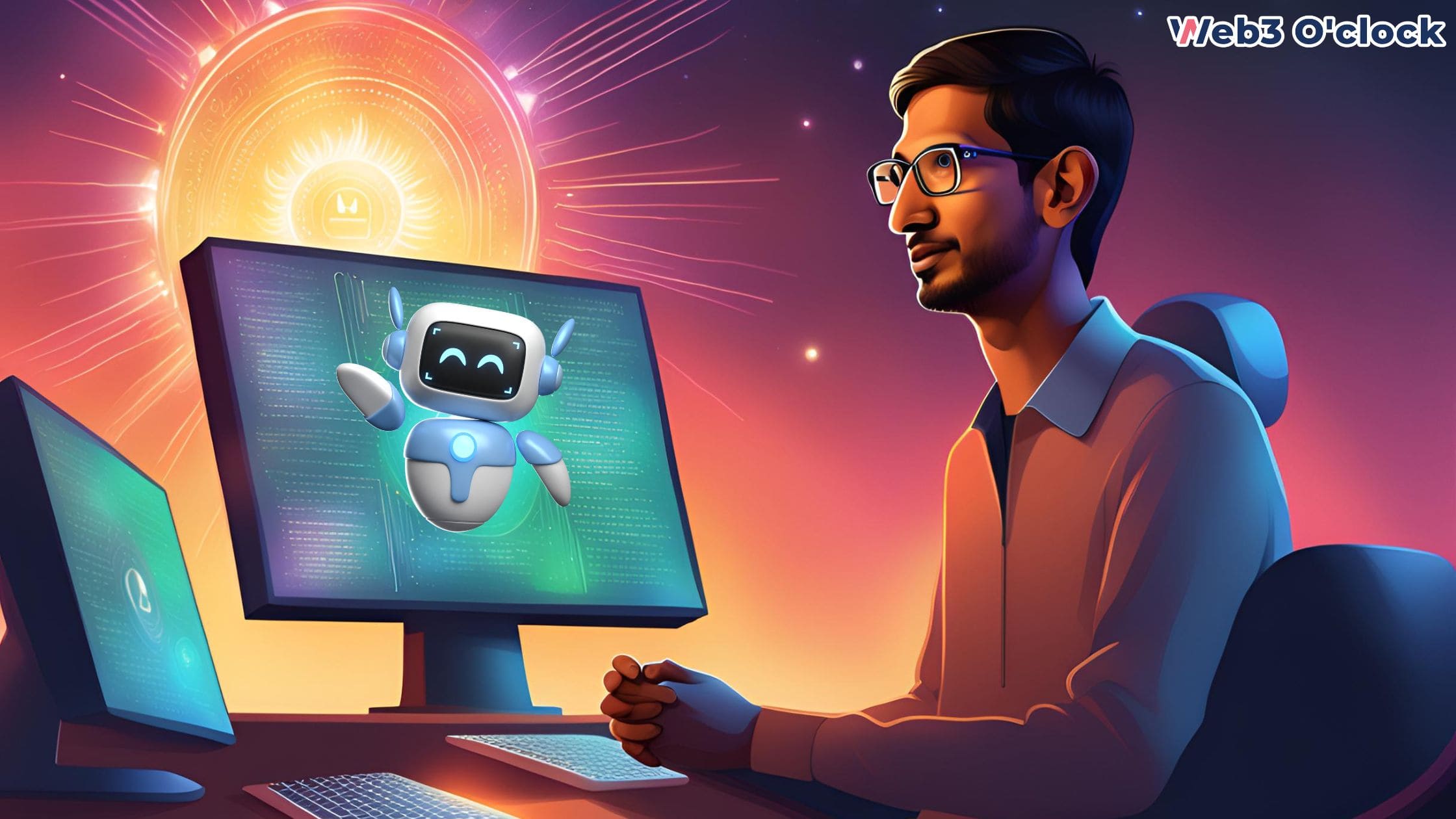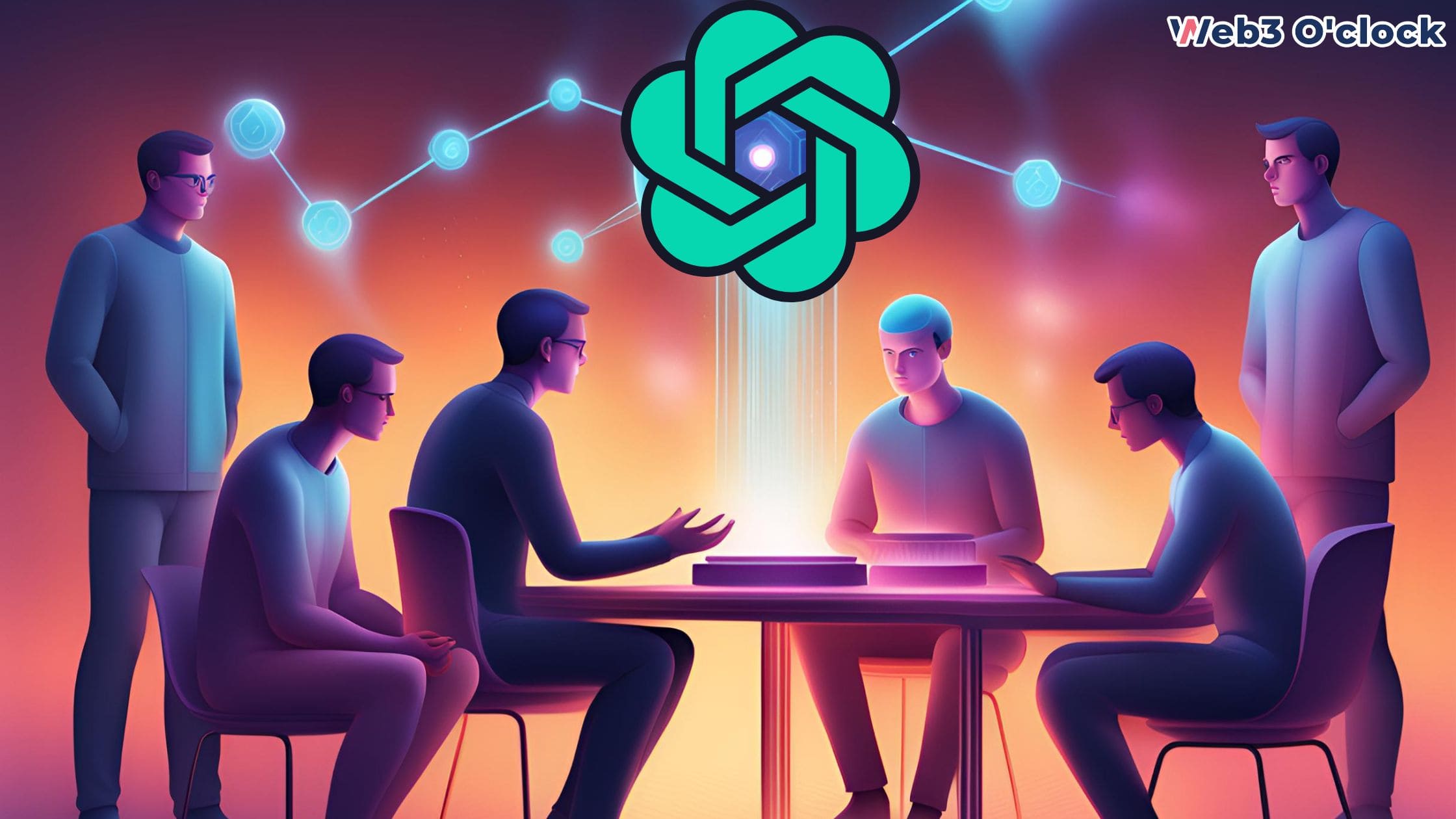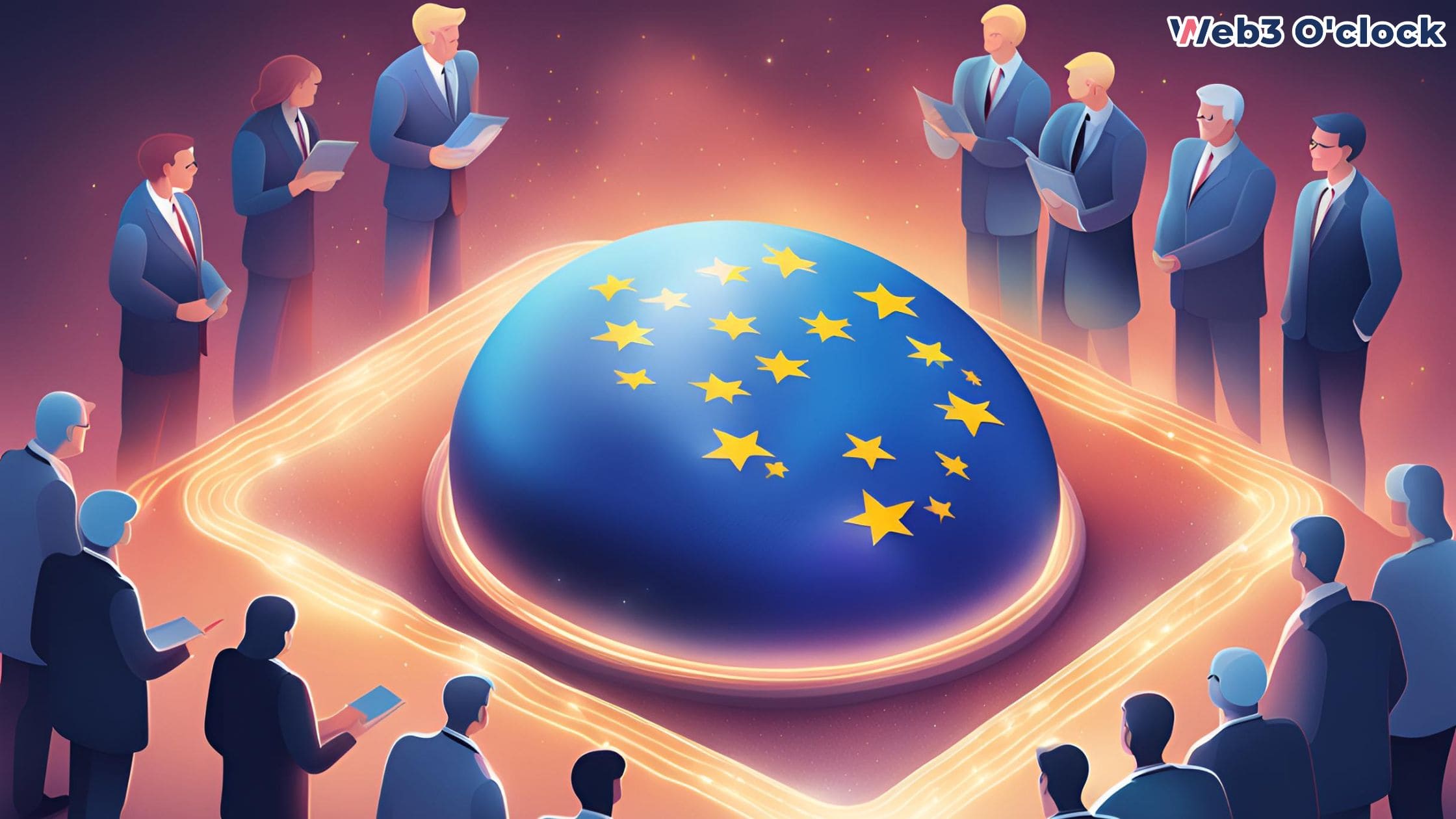Physical Address
304 North Cardinal St.
Dorchester Center, MA 02124

The eminent Sundar Pichai has just stated his thoughts on the dynamics of AI and is trying to advise Indian software engineers during an interview with content creator Varun Mayya recently. The interview followed the I/O developer event, which Pichai amusingly called “I/O Coachella”. He then published the interview on YouTube for 10 minutes, showcasing his excitement about conversing with Mr. Pichai on the topic of the advancement of AI and India as the AI innovation wavefront country.
In his conversation, he expressed his firm impression that the industry in India is there to work with young Indians to pass FAANG (Facebook, Amazon, Apple, Netflix, Google) interviews. He emphasized that many school leavers could ace competitive exams but need the insight of going to the basics. He put this question to Pichai as to how the students who would like to shift from an exam-centric mindset to a more progressive future of software engineering are advised.
He explained the need for the company’s leaders to grasp these technologies in depth. He cited a well-known scene from the amusing Bollywood movie “3 Idiots” to point out the difference between merely knowing and comprehending. He said that if you want real business success, you need technical expertise, which can help the suitable modifications and increases. He motivated young engineers to study hard, especially on basic principles to know the basics.
The interview turns to the point of AI usage in the Indian market and the various cases of wrapper startups. At the time of write-up, the video has been viewed by over 60,000 people with plenty of comments.
YouTube users shared their views on how great it was to watch the whole thing. One of the commenters felt that she was also proud of Mayya, and another explained about his long-term hard work that facilitated him to enjoy success. A fourth commenter who celebrated the conversation between Mayya and Pichai called it “pure gold”. The fourth comment also appreciates the many questions that they seem to have answered in a short period.
Through the interview with Sundar Pichai, we can see the leverage one gains with a good grasp of technology soon. This event also serves to emphasize the prospective AI-based jobs that will become available in the Indian market. For aspiring software engineers, Pichai’s advice is clear: let’s steer clear of shallow learning and look for deeper significance to unearth your power to swiftly respond to the new technological environment.

The pursuit by OpenAI of the creation of the team responsible for implementing measures to prevent long-term AI-related risks has been terminated, just about a year after it was established. However, this information was confirmed by a person known to the condition, who talked to CNBC on the promise of anonymity. Other members of the team will be reallocated to other departments within the business.
The choice was announced not long after the staff of OpenAI’s pioneers – Ilya Sutskever and Jan Leike – had left the team. Leike worried that OpenAI had not been following its original strategy for safety and security, but rather for its profitability by developing new products. He was vehement about the safety, monitoring, preparedness, and social impact of AI on people.
At the beginning of 2023, Superalignment was founded as an initiative with a mission of bringing about major progress towards AI systems that are far more intelligent than human beings can ever be. OpenAI had initially contributed 20% of the hardware time offered to this plan over the following four years. Nonetheless, Leike added that they as a team consistently experienced resource problems while getting the needed funds for their research.
On agency X’s social media, the CEO Sam Altman announced the loss of Leike and confessed that OpenAI is still far from its targets despite the efforts that have been put forward. Altman praised Sutskever naming him as one of the greatest to be born by our generation and also declared that Jakub Pachocki would become the head scientist from that point.
The first report of the team’s decision to break up came from Wired magazine. This happens in tandem with a range of other noteworthy changes at OpenAI such as the introduction of their new AI model and the desktop version of ChatGPT. Besides, the new model, GPT-4o, is much faster and its advanced processing engine can do much work with text, video, and audio.
Open AI has experienced the disruption while he was with it in the past. Last November, the board, in a temporary bust, cut shorts with Altman regarding the issues of his communication. The most affected are the employees who resigned threats to resign from several employees and an uproar from investors, including a big investor from Microsoft. However, everyone sees the real hero of GPT: a model, that performs the function in the way it searches for, and acquires, missing parts of the sentences via learning from the data.
Nevertheless, they keep going with new inventions which the organization OpenAI never stops to see. Additionally, the recent changes from the firm include giving users the option to try out the GPT-4 model and having video talking with ChatGPT, that example is a breakthrough in the general user experience.
In summary, the dissolution of OpenAI’s Superalignment unit exemplifies these ongoing reshufflings, which emphasizes the age-long rivalry between advancing AI technology and making sure the safety of human beings and ethics are intact.

Precisely on Friday, the European Commission on Human Rights made an innovative legal treaty on artificial intelligence (AI). This significant agreement aims to deal with the hazards that AI technology could potentially cause. It is anticipated that the AI technology that is emerging will influence almost every area of human life very shortly.
As declared by the Council of Europe, the treaty grants a legal structure to cover the whole phase of AI applications, systems, and technologies. Its goal is to address the risks and to facilitate and assure responsible innovation simultaneously. First and foremost, signing this treaty is applicable not only for the European countries but for all the non-European states as well.
The integration occurred during the annual meeting of the Committee of Ministers of the Council of Europe, which within its orbit brings together the foreign ministers of 46 member states. Marija Pejcinovic, the Secretary General of the Council of Europe, claimed that the instrument has a mere purpose to see AI through the lens of protecting human rights, and upholding the rule of law and democracy. Elizabeth pointed out that this new treaty is a milestone for mankind, aimed at the preservation of people’s rights in the times of constant growth of technologies.
This treaty is the result of the determined two-year work of an intergovernmental commission, the Council, which consists of 46 member states, the EU, eleven non-member states like the US and the Vatican, and some of the representatives of civil society and academia.
Vital guidelines of the treaty imply that the signatories provide for AI systems that are not against democratic principles, institutions, and processes. As well, it requires transparency and supervision, including notifying users with due regard when content is produced by artificial intelligence systems.
The document is expected to be signed in Vilnius, Lithuania, at a conference of justice ministers in September.
Another related measure that the European Parliament adopted in March is all-inclusive governance to control AI systems that include state-of-the-art systems such as OpenAI’s ChatGPT. Enacted in 2021, this legislation is primarily meant to safeguard citizen interests from ever-evolving technology while at the same time boosting innovation within the European region.
This trend represents a red flag that lawmaking should keep stepping in as AI technology ensures the good of society without violating rights and democracy.